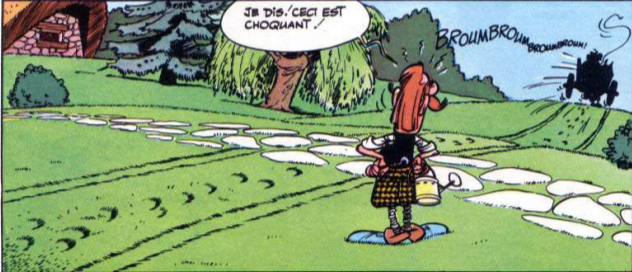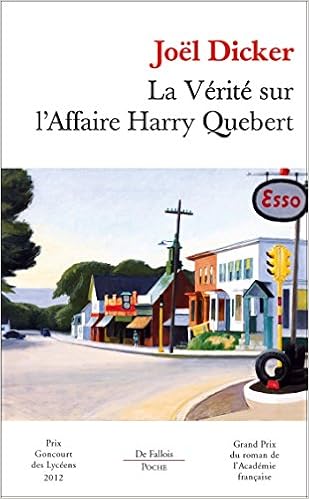Trawling
through online teaching advice for the now-defunct A-level course in creative
writing (with the intention of scavenging the best bits to help design my own
fiction writing lessons) is a sad and salutary experience.
England’s last
A-level creative writing students will re-sit their exams this summer and then
that’s it. All over. 16-to-18 year olds who want to write their own original
stories now have to be satisfied with a short module in another course.
Meanwhile,
16-18 year olds who fluffed their first English language GCSE still have to
write an original story as part of their re-sit regardless of how difficult
they find it.
My heart
goes out to both groups of young people.
During its
brief years of existence, the exam board which offered the creative writing
A-level, AQA, said this about it: “Creative writing is a distinct discipline in
higher education. It encourages the development of skills that are essential
for further study and a range of professional careers. This A-level enables
aspiring writers to start on the path to professional practice and is equally
useful for anyone interested in improving their creative and critical thinking
and communication skills.”
Amen to
that!
Thousands of
teachers and students signed a petition to stop it being axed.
In the past
few weeks I, too, have seen for myself how well-thought out the course was, and
how different to English language and literature, despite the Department for
Education insisting it overlapped both.
Back in my day,
creative writing wasn’t an option at school or sixth-form. But then, nor were Netflix,
YouTube, Snapchat, What’s App etc. Instead, by 16, I had devoured hundreds of
books. The local public library had been my bolt-hole as a child - as for so
many writers. Then, collectively, my teenage friends and I discovered Tolkien and Middle Earth became our escape, our go-to safe space when being a teen got too
tough.
Today, with the Harry Potter
generation grown up, I can’t find a contemporary book that is shared in that same,
immerse way.
For
films, there are the Marvel franchises. The Twilight series and The Hunger
Games also still seem widely known among teens. But a novel? By a contemporary
author? So far, whenever I’ve asked, all I’ve drawn are blanks.
Now,
back at that defunct A-level, among the many excellent bits of advice I found
in its study programme was a recommendation that students follow authors on
Twitter, and discover through them the immense wealth of blogs about creative
writing written by professional writers.
In
recent weeks, any student who’d followed that advice might well have stumbled
across a fascinating discussion initiated by journalist Charlotte Eyre, of The
Bookseller, involving two top literary agents, Joanna Moult and the founder of
the Skylark agency, Amber Caraveo, along with Waterstones, Piccadilly, and various
published and pre-published writers. The subject: a 21.5% drop in Young Adult novel
sales last year, and associated issues surrounding the younger teen book market.
This
exchange included one tweet from Waterstones complaining about the dearth of books
for the early teen market (!?!). Amber, in reply, suggested that Waterstones could
make these books more visible by having a dedicated space for teen readers,
which (rather surprisingly, imho) drew a positive response from the Piccadilly
branch.
This
whole chicken-and-egg discussion (are there too few books written for early
teens or not enough exposure to generate a viable market?) reminded me of a
debate I heard years ago about motor bikes in the USA. (This is from memory so
please take the details with a pinch of salt.) The USA had, apparently, banned
imports of smaller Japanese bikes to protect sales of the bigger US models like
their famous Harley Davidsons. The trouble was, younger riders couldn’t afford
big Harleys, and without access to cheaper Japanese bikes, fewer people became
bikers so demand for Harleys fell over time.
Something
similar is, presumably, happening with young people’s fiction.
Parents
and grandparents still buy middle-grade books for children, while primary
schools also actively promote reading for pleasure to these age groups. But
then keen readers, who want to make their own choices at 11-to-12 years old,
can’t find books to suit them. By that age, too, secondary school is demanding more
and more of their time, and the manifold digital lures of our age are increasingly
tempting as well.
Little
wonder, then, if many of them stop reading for pleasure entirely. Like the USA bikers
who never bought a Harley, even when they were old and rich enough to afford
one, so these once keen readers are lost to the world of fiction. They aren’t around
to discover YA, except if it’s linked to a Hollywood film, profits for
which seem to have peaked with Twilight and The Hunger Games, hence we haven’t
seen a really big YA novel for years.
I
know this isn’t a new or an original argument, not by a long way. But given the
well-documented drop-off in reading among teens, plus recent evidence of weak YA
sales, it does seem to me that trends in the publishing world have ramifications
for young people’s education, and therefore their job prospects.
If,
for example, decisions about the content of English language exams rest on
outdated assumptions about teens’ reading habits, then GCSEs are in fact far harder
than they might appear to adults who come from a reading-for-pleasure
generation.
As
adults, we might bemoan this lost art of reading; we might even be right to do
so. But to demand that young people write 500-word stories under exam
conditions (and condemn them to try again and again if they can’t) when we couldn’t
dream of flying a drone via our smart phones, let alone how to make a YouTube
video out of our drone footage, then rig our phones to relay that film to a PS4
while simultaneously playing music, smacks to me of a highly blinkered mind
set.






